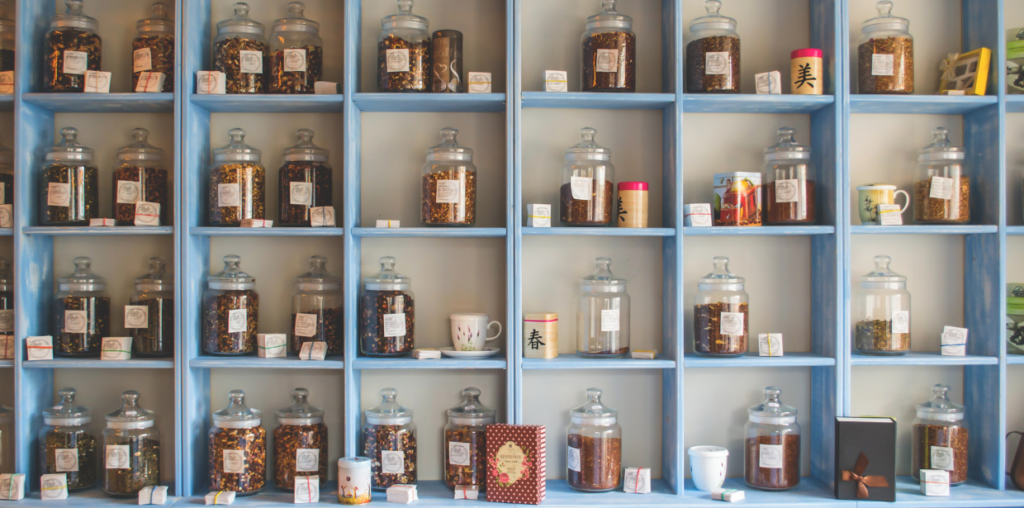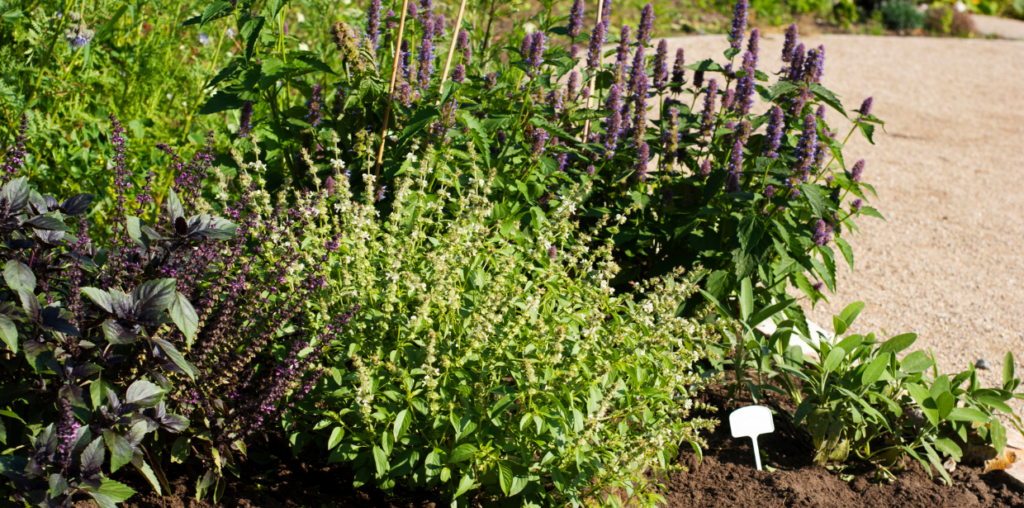Introduction
Herbal remedies have been used for centuries to treat various ailments and promote overall health and wellness. However, there are many myths and misconceptions surrounding these natural remedies. In this article, we will explore the most common myths and reveal the facts behind them. Whether you’re a skeptic or a believer, understanding the truth about herbal remedies is essential for making informed decisions about your healthcare. So, let’s separate fact from fiction and uncover the science behind these ancient remedies.
The Growing Popularity of Herbal Remedies

Over the past few decades, there has been a significant shift towards alternative and natural approaches to health and wellness. People are increasingly opting for herbal remedies as a complement or even an alternative to traditional medicine. This growing popularity can be attributed to various factors.
Herbal Remedies: Myth vs. Fact: Effectiveness
While there may be skeptics who believe that herbal remedies are ineffective, it is essential to look at the scientific evidence before jumping to conclusions. Numerous studies have shown that certain herbal remedies can indeed be effective in treating various health conditions.
For example, research has demonstrated the effectiveness of herbal remedies like ginger for reducing nausea and vomiting, and chamomile for aiding sleep and relaxation. Additionally, studies have highlighted the potential benefits of herbs such as turmeric for its anti-inflammatory properties and St. John’s wort for easing symptoms of mild to moderate depression.
It is crucial to acknowledge that the efficacy of herbal remedies can vary from person to person, as our bodies can react differently to different substances. Just like with any medication, it is important to use herbal remedies correctly and in the appropriate dosages to ensure maximum effectiveness.
While they may not work for everyone or for every ailment, it would be inaccurate to dismiss them as entirely ineffective. It is essential to approach herbal remedies with an open mind.
Myth: They are expensive

It’s important to acknowledge the significant variation in quality when it comes to herbal remedies, despite their affordability. Factors such as sourcing, cultivation methods, manufacturing processes, and storage conditions can greatly affect the quality of these products. To ensure they are high-quality, it’s advisable to invest a bit more.
One way to guarantee freshness and quality is by growing your own herbs. This cost-effective approach allows you to have full control over the cultivation process, from selecting seeds or plants to implementing organic and sustainable practices. By doing so, you can be confident that your remedies are free from harmful pesticides or chemicals that could compromise their effectiveness or safety.
Another option for those who can’t grow their own herbs is purchasing them in bulk. This often results in significant savings compared to smaller pre-packaged quantities. However, it’s crucial to choose reliable suppliers with good reputations to ensure the quality of the herbs.
Manufacturing and storage processes also play a vital role in maintaining the potency and effectiveness of herbal remedies. Some manufacturers may use subpar techniques that degrade the herb’s active constituents and reduce its therapeutic value. On the other hand, companies committed to quality practices follow stringent procedures that preserve the medicinal properties of the herb, resulting in a more reliable product.
Myth: Just the newest fad

Herbal remedies have been used for centuries. Traditional healing systems like Ayurveda and Traditional Chinese Medicine have incorporated the use of various plants and herbs for treating ailments and promoting overall health and well-being.
The use of herbal remedies dates back thousands of years, with evidence found in ancient texts and archaeological discoveries. This long history indicates that people have relied on these natural remedies for generations, suggesting that there may be some value to their effectiveness.
By combining traditional knowledge with modern scientific evidence, we can gain a better understanding of the potential benefits and limitations.
Myth: Not regulated
One common myth surrounding herbal remedies is that they are not regulated by any governing body. While it is true that herbal remedies are not subject to the same rigorous testing and regulation as pharmaceutical drugs, it is incorrect to say that they are completely unregulated.
In many countries, including the United States and the European Union, there are specific regulations and guidelines in place for herbal products. These regulations ensure that herbal remedies meet certain quality and safety standards. For instance, manufacturers are required to provide accurate labeling, including the list of ingredients and any potential side effects or interactions.
Furthermore, reputable manufacturers often voluntarily adhere to Good Manufacturing Practices (GMP) to ensure the quality and consistency of their herbal products. These practices involve rigorous testing and quality control measures to guarantee that the products are safe and effective.
While it is true that not all herbal remedies on the market may meet the necessary standards, it is essential to seek out reputable brands with a track record of producing high-quality products.
Myth: Herbal remedies have no side effects
While herbal remedies are often perceived as natural and safe, they can still have side effects. It is a common myth that they do not have any adverse reactions, but this is not true. Just like any other medication, they can interact with other medications or medical conditions, leading to potential side effects.
To ensure your safety, it is essential to consult with a healthcare professional or a qualified herbalist before incorporating herbal remedies into your healthcare routine. They can guide you in selecting the right herbs and dosage, taking into consideration your overall health and any medications you may be taking.
It is also important to always do a patch test before using any new ingredients as you may have an allergic reaction.
Taking too little may not provide the desired effect, while taking too much can lead to adverse reactions. It’s important to carefully follow the instructions provided by healthcare professionals or qualified herbalists.
Myth: Herbal remedies can cure any ailment
Fact: While herbal remedies can be effective in treating certain ailments, it is a myth to believe that they can cure any and every health condition.
It is important to understand that herbal remedies are not a magic cure-all. They can offer relief from symptoms, support the body’s natural healing processes, and contribute to overall well-being. However, they should not be considered as a substitute for medical treatment or used as the sole method of addressing serious health issues.
For complex and chronic conditions, it is crucial to seek professional medical advice and consider a holistic approach that includes both conventional medicine and herbal remedies. By working together with qualified healthcare professionals, you can create a comprehensive treatment plan that addresses your specific needs and ensures your health and safety.
When used alongside prescribed medications and treatments, herbal remedies can provide additional support to the body’s healing process. For example, certain herbs have been found to reduce side effects of chemotherapy, enhance the immune system, or promote faster wound healing.
Conclusion: The Truth About Herbal Remedies
While there may be misconceptions surrounding their effectiveness or compatibility with conventional medicine, the truth is that herbal remedies can offer valuable support and enhance the overall healing process.
Ready to try herbal remedies for yourself? Visit ColeHerbals.com today and use coupon code GeoBlends to save 15% on your purchase!

